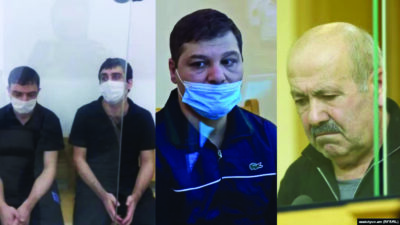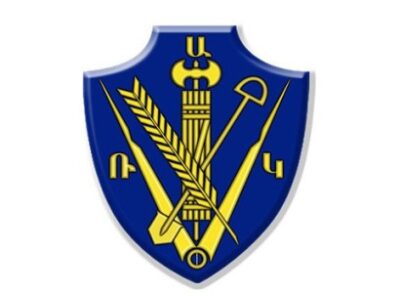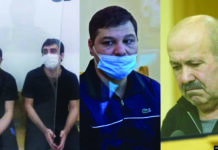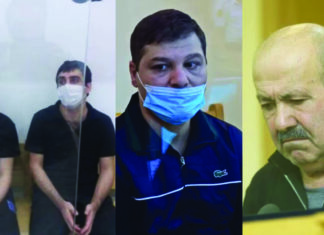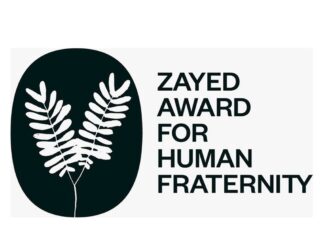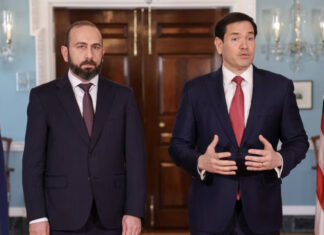More than a month has passed since the day when the protest against the border demarcation works carried out in the Tavush region was transformed into the “Movement of Tavush for the Motherland,” led by Archbishop Bagrat Galstanyan, the Primate of the Diocese of Tavush. This movement initiated a march to Yerevan’s Republic Square, where on May 9, a mass meeting with 31 thousand participants took place, and on that day, the clerical leader of the movement demanded the resignation of Prime Minister Pashinyan with a one-hour deadline. After that, the authorities, headed by Prime Minister Pashinyan, continued to run the state administration in the usual manner, while the movement initiated actions of civil disobedience, especially blocking streets.
Through the Armenian Democratic Liberal Party (ADL) press, we followed all of this with some concern and were content initially to merely report on the various developments taking place as news.
Today, more than a month later, we find it necessary to pass from the stage of news reports to that of a brief and objective analysis of the state of crisis that has been created, to take a position and define our expectations of the Armenian people and the authorities, in order that Armenia remains a democratic member of the great family of civilized countries, subject solely to the implementation of the will of the majority.
It is superfluous at this point to remind readers that Armenia, surrounded by predatory neighbors, and as a result of the often contradictory policies conducted by successive governments for more than thirty years after the reattainment of independence, after losing Artsakh in 2020, is now, to put it mildly, in a difficult and precarious political situation. To consider today’s authorities, led by Prime Minister Pashinyan, as the sole responsible and the reason for all of this is without a doubt thoughtless and unfair.
However, it is also unavoidable that the government of the day is obliged to continuously explain its policies to the people who elect it, and to attempt in this manner to substantiate the trust they have in it.
We must be fair: knowing the current political, military, economic and international facts the task of anyone who is at the head of the government today is unenviably difficult. No one political party or group has been able to offer well defined and clearly preferable alternatives until today.
